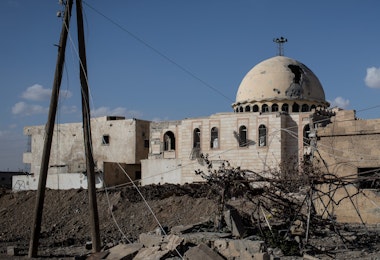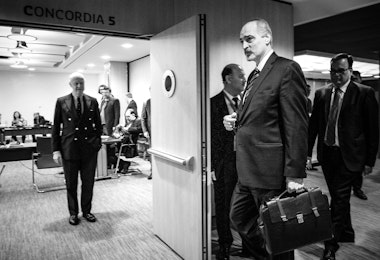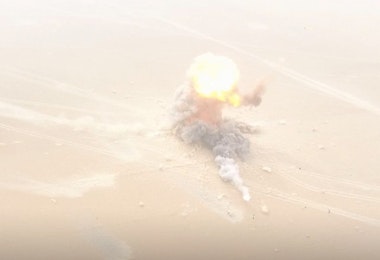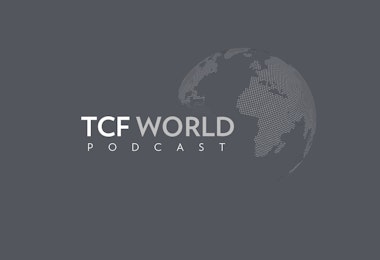Sam Heller is a Beirut-based freelance writer, analyst and fellow at The Century Foundation. He has written extensively on the Syrian war for outlets including Jane’s Terrorism and Insurgency Monitor, War on the Rocks, VICE News, The Daily Beast, and World Politics Review. He lived in Syria, where he studied Arabic, in 2009 and 2010. He holds a master’s degree in Arabic from the University of Maryland College Park and a bachelor’s degree in Political Science from Yale University.


![On 13 November 2016, children lie or sit on the ground writing in notebooks at a make-shift school in rural Dar'a in the Syrian Arab Republic. Despite the ongoing violence across the country, children and dedicated teachers are doing all they can to keep their education going. Some 1.7 million children are currently (Nov 2016) out of school in the Syrian Arab Republic. Schools across the Syrian Arab Republic continue to be destroyed and damaged. This year (2016) 84 attacks on schools have resulted in the deaths of 69 children. UNICEF has provided 3.2 million children with learning materials, such as school bags, stationary and text books.
In November 2016, there is no safe place for children to learn or play in Syria. Underground facilities including basements and even caves, are used to shelter children from a war they grew up knowing nothing else. Displaced families from different areas in rural Damascus and Dar’a sought refuge in tents in rural Dar’a. The make-shift school receives up to 80 children on a daily basis. They are grouped according to age and knowledge in four groups, where each of the four former teachers, displaced themselves, teaches them reading and writing in both Arabic and English and the principals of mathematics. “There is not a single space or even an extra tent that we could’ve used as a learning space,” says [NAME CHANGED] Muhammad, a teacher in this school. “So we had to clean this fodder collection centre and turn it to a school where almost 80 children come on a daily basis to learn reading and writing, both in Arabic and English, and the principals of mathematics,” Muhammad continues. The children are divided into four groups based on their knowledge and age. Each group is taught by one of the four former teachers, two male and two female teachers. “Children have to share notebooks because we severely lack the necessary education supplies. They rotate on using the only six desks available.” [NAME CHANGED] Mona, a](https://staging-tcf.imgix.net/app/uploads/2017/12/18173029/UN0415342-e1513632700225.jpg?auto=format%2Ccompress&q=80&fit=crop&w=380&h=260)




